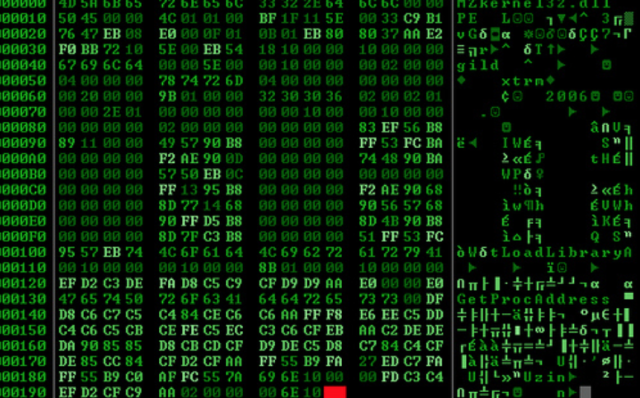
Apple said Friday that it won't go to court to demand the US Federal Bureau of Investigation to inform the gadget maker how the feds broke into the phone of Syed Farook, who along with his wife killed 14 people in a San Bernardino County office building in December.
An Apple attorney, who asked that he not be identified by name, told reporters in a conference call that Apple did not know how the authorities unlocked the 5C running iOS 9. The Apple attorney asked that he be paraphrased and not quoted directly, but he suspected that the hack won't last long as Apple continues to fortify its security.
Apple said it was unclear whether the FBI employed a software or hardware hack, and the company did not understand why it would only work on a 5C, as the government said. The Apple lawyer said the government has not come forward to Apple to explain the workaround.
Farook's iPhone has been at the center of a bitter dispute between Apple and the FBI, but that legal battle—in which a judge had ordered Apple to write code to assist the authorities in unlocking the phone—came to an abrupt halt last month. The government suddenly said it "successfully accessed the data" on the phone without Apple's assistance. FBI Director James Comey said this week that the government purchased the hack from a company many believe to be Israel-based Cellebrite and that it was only successful on the 5C running iOS 9.
The White House, meanwhile, announced in 2014 that it would disclose vulnerabilities in limited circumstances under what is known as the Vulnerabilities Equities Process. As White House Cybersecurity Coordinator Michael Daniel wrote at the time:
But there are legitimate pros and cons to the decision to disclose, and the trade-offs between prompt disclosure and withholding knowledge of some vulnerabilities for a limited time can have significant consequences. Disclosing a vulnerability can mean that we forego an opportunity to collect crucial intelligence that could thwart a terrorist attack, stop the theft of our nation’s intellectual property, or even discover more dangerous vulnerabilities that are being used by hackers or other adversaries to exploit our networks.
Building up a huge stockpile of undisclosed vulnerabilities while leaving the Internet vulnerable and the American people unprotected would not be in our national security interest. But that is not the same as arguing that we should completely forgo this tool as a way to conduct intelligence collection, and better protect our country in the long-run. Weighing these tradeoffs is not easy, and so we have established principles to guide agency decision-making in this area.
In short, the government is not legally obligated to alert Apple to its method. Many legal scholars Ars contacted agreed that Apple didn't have much of a leg to stand on if it went to court to try to force a disclosure.
Listing image by Dani Latorre
reader comments
79